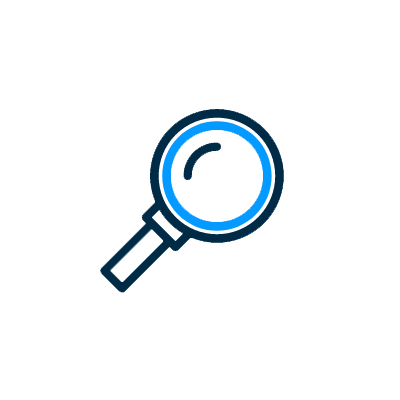
Questions and Answers
What payroll records do I need to keep?
As an employer, it is vitally important that you maintain the correct documents for each individual that you employ.
Published Aug 5, 2022
2 min read
What are payroll records?
These are the combined documents relating to payroll that all employers must maintain for each individual that is employed as an employee at their workplace.
What documents make up payroll records?
These commonly include, but are not limited to:
- Personal information on the employee - names, addresses, telephone numbers, e-mail addresses, direct deposit information, emergency contact information, date of birth, occupation, Social Security numbers and benefit plan enrollment information
- Timesheets (if nonexempt) - regular hours, overtime hours and hours worked per day, workweek and pay period
- Employment information - offer letters, employment eligibility data, full time or part time status, background checks, references, signed company policies, evaluations, and termination information
- Pay information - rate of pay, workweek beginning and ending dates, total hours worked, payment agreement or the employee’s pay basis and the employee’s classification (e.g., exempt, or nonexempt))
- Tax documents - federal, state and local jurisdiction tax forms and tax return copies, such as the IRS Form W-4, Employee’s Withholding Certificate or state tax withholding certificates
- Paid and unpaid leave records - paid time off (PTO) and vacation time balances and associated payment amounts, as well as records for other types of leave
- Deduction information - benefit deductions, wage garnishment orders, union dues and deferred compensation information
- Direct deposit information - financial institution names, account numbers and routing numbers
- Reimbursement forms - expense reports for work travel, office supplies, etc.
- Pay records - payroll registers and other documentation with payroll details, such as pay period beginning and ending dates, payment date, and type of wage payments (i.e., regular, overtime, tip credit, bonuses, commission, paid leave time, etc.)
How should these records be kept?
Most businesses today store their payroll records digitally. This could either be in the cloud or by using external hard drives.
It is the employer’s responsibility to maintain accurate records and to keep them safe, as well as for the required length of time. Some state and local jurisdictions may require employers to maintain records for longer periods than the federal government. They may also mandate the way records should be maintained, in a certain way and at a specific location.
Keeping payroll records for tax and legal purposes
Both federal and state laws enforce payroll recordkeeping. Employers must abide by the laws that apply to their business and ensure that they maintain records for the retention periods required.
Well-maintained payroll records make is much easier for employers to prepare and file tax returns and in the event of an IRS audit, having the required years’ worth of payroll tax records easily available will help the process to go more smoothly.
Payroll records contain a huge amount of valuable data about wages and taxes that can help businesses to create realistic budgets and manage labor expenses.
How we can help
With our small business cloud-based payroll service, we can advise you regarding all aspects of payroll preparation and compliance, making sure your calculations are correct and that you meet your deadlines and requirements. We can also offer advice on recruitment and staff retention, and provide human resource consulting services through one of our approved suppliers.
The responsibilities faced by employers can be intimidating, but we can guide you and your business through the processes, costs, calculations and deadlines and take care of everything for you.
To speak to a local payroll expert at TaxAssist Advisors, inquire online here to book your free, no obligation consultation.
Published Aug 5, 2022
This article is intended to inform rather than advise and is based on legislation and practice at the time. Taxpayer’s circumstances do vary and if you feel that the information provided is beneficial it is important that you contact us before implementation. If you take, or do not take action as a result of reading this article, before receiving our written endorsement, we will accept no responsibility for any financial loss incurred.
Sign up for our newsletter
Receive important tax news suitable for business owners and self-employed professionals.
Choose the right accounting firm for you
Running your own business can be challenging so why not let TaxAssist Advisors manage your tax, accounting, bookkeeping and payroll needs? If you are not receiving the service you deserve from your advisor, then perhaps it’s time to make the switch?

Local business focus
We specialize in supporting independent businesses. Each TaxAssist Advisor runs their own business, and are passionate about supporting you.

Come and meet us
We enjoy talking to business owners and self-employed professionals who are looking to get the most out of their accounting firm. You can visit us at any of our locations, meet with us online through video call software, or talk to us by telephone.

Switching is simple
Changing accounting firm is easier than you might think. There are no tax implications and you can switch at any time in the year and our team will guide you through the process for a smooth transition.